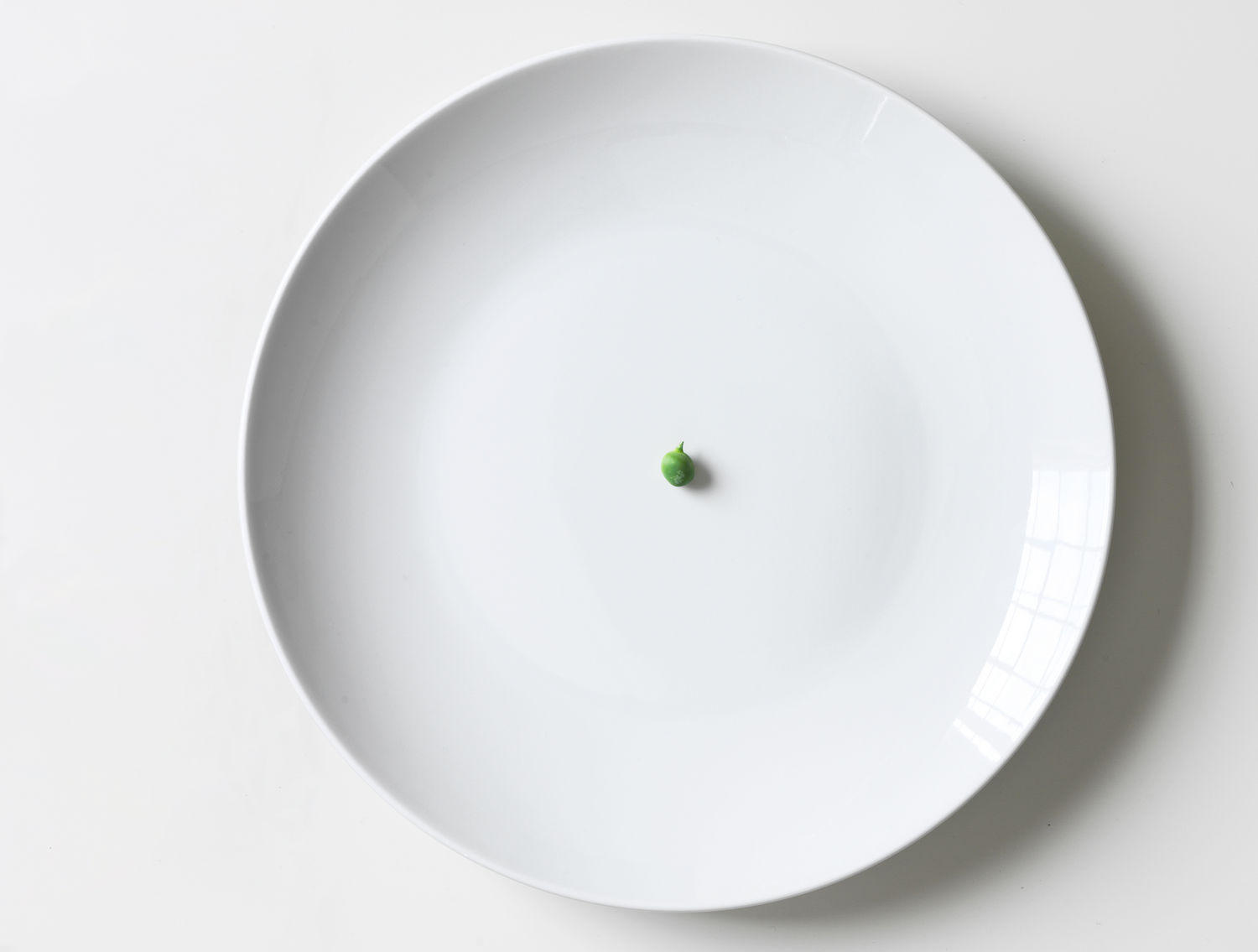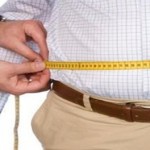4 weight loss diet fads that you should avoid
Diets fads might seem magical like weight loss solutions, but are you sure you want to practice those?
Weight loss and diet fads are two practices if mixed together, can lead to lethal effects. Healthy ways to lose weight are always a good idea, but diet fads? Not highly recommended!
Here are 5 weight loss diet fads you need to steer away from –
1. Baby Food – Popularized by none other than the big bad world of Hollywood, eating baby food instead of regular food that adults consume has gained popularity. The aim here is to replace 2- 3 meals a day with cans of pureed baby food, maintaining a daily calorie intake to 600 calories roughly. Though this might you make you shed those extra pounds in no time, baby food won’t supply your body with essential nutrition that adults require. Baby food is low on taste and high on vitamins, which is good for babies, but not adults!
2. Grapefruit diet – This diet fad too was born in 1930s Hollywood and is often known as the Hollywood Diet, grapefruit is high on water content and consuming it for 7 days straight is the plan here. The undying belief here is that when grapefruit’s enzymes are combined with proteins, it leads to losing weight. However, this is mostly a myth as the body is only shedding the high water content and no fat.
3. Cabbage soup diet – Eat breathe and live cabbage! That’s the mantra of this diet fad. The basic idea behind here is what all diet fads do, dramatically reduce calorie intake to below 1000 calories a day. Apart from the fact that cabbage has not really proven to be a magical weight loss food, it also has the ability to make you very gassy. So unless you want to move around like an deflated gas balloon, be weary of the cabbage diet!
4. Lemonade diet plan – ‘Single Ladies’ hitmaker Beyonce Knowles claims to have lost 20 pounds with this diet. The plan here is to only drink lemonade for two weeks to shed undesired pounds. However, not only is the body being deprived of essential nutrients, but also posing a health risk – fatigue, nausea, constipation or diarrhea are all possible outcomes of this diet regime.









